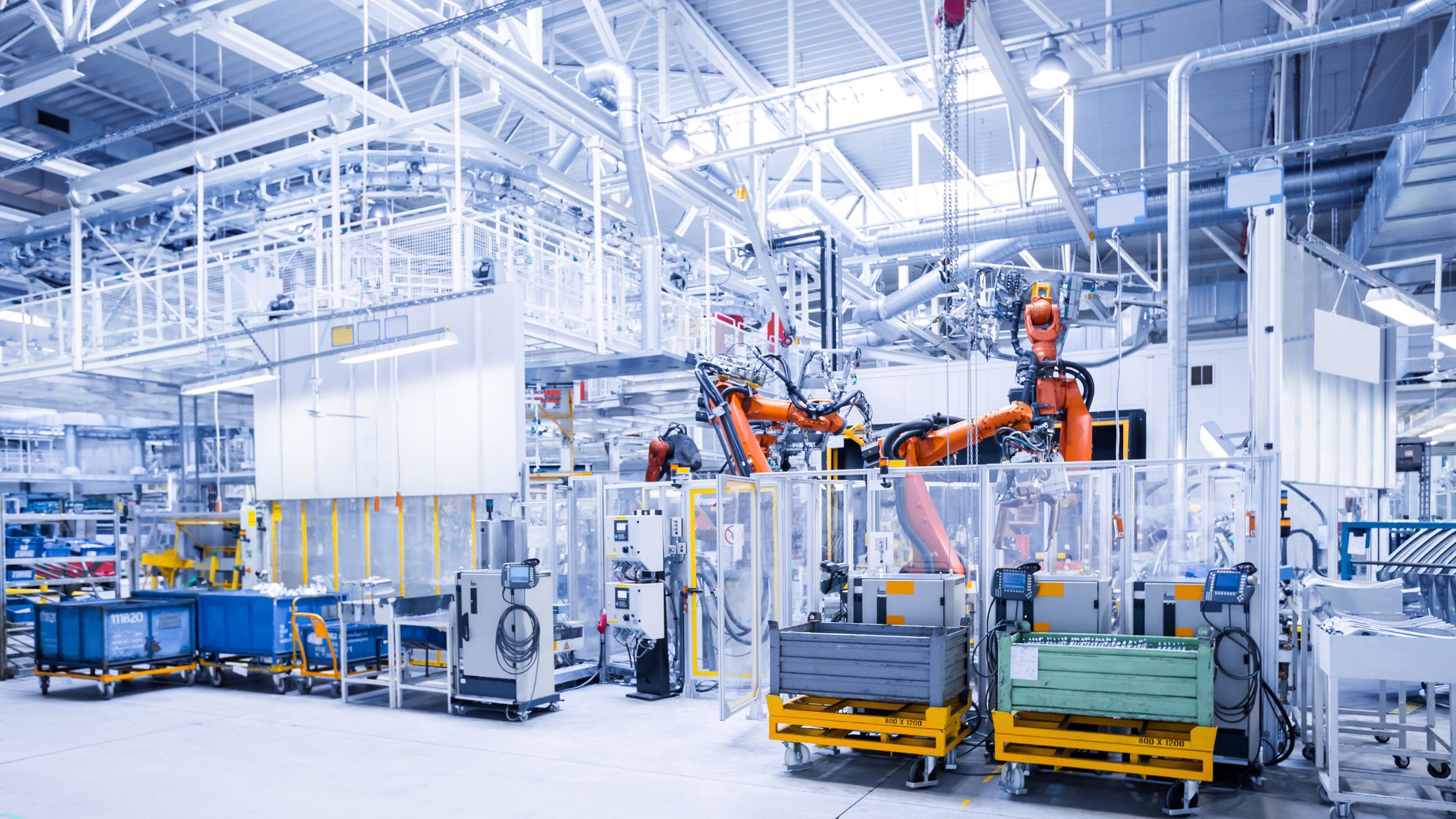Medical Equipment Manufacturers Insurance: Safeguarding Innovation, Mitigating Risks
Understanding the Critical Insurance Landscape for Medical Equipment Manufacturers
The medical equipment manufacturing sector represents a unique and complex industry where innovation meets stringent regulatory requirements. With cutting-edge technologies, high-stakes product development, and potential patient safety implications, insurance isn't just a protective measure—it's a strategic business imperative.
The Medical Equipment Manufacturing Ecosystem
Medical equipment manufacturers operate in a high-stakes environment where precision, reliability, and safety are paramount. From diagnostic imaging machines to surgical instruments and advanced prosthetics, these companies produce technologies that directly impact patient outcomes and healthcare delivery.
Key Industry Characteristics
- Highly regulated sector with strict compliance requirements
- Significant research and development investments
- Complex supply chains and global distribution networks
- Potential for high-value liability claims
- Rapid technological advancements
Comprehensive Risk Assessment for Medical Equipment Manufacturers
Product Liability Risks
Medical equipment manufacturers face unique product liability challenges. A single malfunction or design flaw could result in:
- Patient injury or potential fatality
- Substantial legal and compensation costs
- Significant reputational damage
- Regulatory investigations and potential sanctions
Technological and Operational Risks
Beyond product performance, manufacturers must navigate complex risks including:
- Cybersecurity vulnerabilities in connected medical devices
- Intellectual property protection
- Data breach and privacy concerns
- Supply chain disruptions
- Emerging technology integration challenges
Essential Insurance Coverage for Medical Equipment Manufacturers
1. Professional Indemnity Insurance
Critical for protecting against claims arising from professional errors, design flaws, or consultative advice. Covers legal defense costs and potential compensation payments.
2. Product Liability Insurance
Provides comprehensive protection against claims related to product-induced injuries, malfunctions, or unexpected complications. Essential for managing high-stakes medical technology risks.
3. Cyber Insurance
Protects against data breaches, cyber attacks, and technology-related risks. Particularly crucial for manufacturers of connected medical devices and digital health technologies.
4. Commercial Combined Insurance
Offers broad protection covering property damage, business interruption, equipment breakdown, and general operational risks specific to medical equipment manufacturing.
5. Employer's Liability Insurance
Mandatory coverage protecting the company in case of employee injuries, illnesses, or workplace-related health issues during research, development, and manufacturing processes.
6. Intellectual Property Insurance
Safeguards against potential legal challenges related to patent infringements, design disputes, and technological innovation protection.
Regulatory Compliance and Insurance Implications
Medical equipment manufacturers must navigate a complex regulatory landscape, including:
- MHRA (Medicines and Healthcare products Regulatory Agency) guidelines
- FDA medical device regulations
- ISO 13485 Medical Devices Quality Management Systems
- EU Medical Device Regulation (MDR)
Insurance providers increasingly require evidence of robust compliance mechanisms, making regulatory adherence not just a legal necessity but an insurance prerequisite.
Proactive Risk Management Strategies
1. Comprehensive Documentation
Maintain meticulous records of design processes, testing protocols, and quality assurance measures to support insurance claims and demonstrate due diligence.
2. Continuous Training and Development
Invest in ongoing staff training on safety protocols, technological updates, and risk mitigation strategies to reduce potential liability.
3. Regular Risk Assessments
Conduct periodic comprehensive risk evaluations to identify potential vulnerabilities and adapt insurance coverage accordingly.
4. Technology Integration
Implement advanced cybersecurity measures, particularly for connected medical devices, to minimize technological risks and demonstrate proactive protection.
Understanding Insurance Pricing Factors
Insurance premiums for medical equipment manufacturers are influenced by multiple variables:
- Company size and annual revenue
- Types of medical equipment produced
- Historical claim records
- Compliance and risk management practices
- Technological complexity of products
- Geographic distribution and export markets
Manufacturers can potentially reduce premiums by demonstrating robust risk management practices and maintaining clean claim histories.
Emerging Trends in Medical Equipment Manufacturing Insurance
1. AI and Machine Learning Risk Assessment
Insurers are increasingly using advanced analytics to more accurately assess and price risks for medical technology manufacturers.
2. Personalized Insurance Products
Growing trend towards customized insurance solutions tailored to specific technological niches and company profiles.
3. Sustainability and ESG Considerations
Emerging focus on environmental, social, and governance factors in insurance underwriting and risk assessment.
Navigating Your Insurance Journey
For medical equipment manufacturers, insurance is more than a financial safeguard—it's a strategic tool for sustainable growth, innovation protection, and risk management.
By understanding the complex risk landscape, maintaining rigorous compliance standards, and working with specialized insurance providers, manufacturers can create a robust protective framework that supports continued innovation and business resilience.
Frequently Asked Questions
Q1: How often should medical equipment manufacturers review their insurance coverage?
Annually, or whenever significant technological changes, product launches, or regulatory updates occur.
Q2: Are international sales covered under standard UK insurance policies?
Coverage varies; always discuss international market exposure with your insurance provider to ensure comprehensive protection.
Q3: How do emerging technologies impact insurance requirements?
Rapidly evolving technologies necessitate more dynamic, flexible insurance solutions that can adapt to new risk profiles.


 0330 127 2333
0330 127 2333
